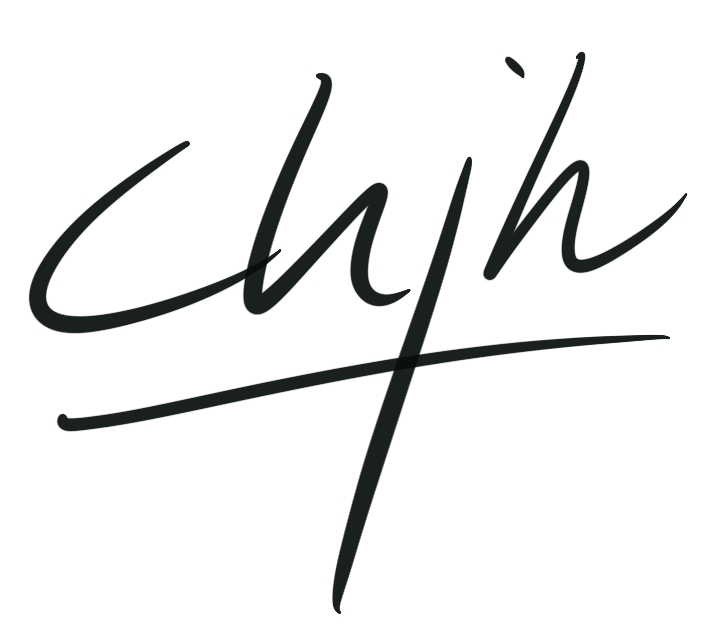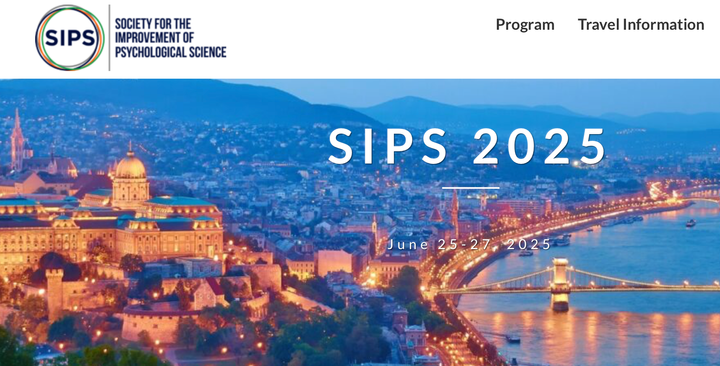Why and how could we start undoing a system promoting questionable academic practices?
Over the past decade, the increased attention for questionable research practices (QRPs) and their origins led to the (Dutch) narrative on Recognition & Rewards (R&R). Very bluntly put: Incentives pressure researchers to do things that don't benefit research, so we need to change the academic incentive system.[1]
It is a good thing the incentive system is changing. To do so, it takes a lot of coordinated effort --- building trust, evaluating alternatives, and aligning perspectives in order to produce a different incentive system. This is not a blog about how to build trust-align-produce, though.
This is a blog about questionable academic practices (QAPs).
What are QAPs? Think of people being fired for trying to improve the workplace, professors (sexually) abusing their employees, and everyday acts of exclusion that infect a workplace. Academic bullying, including acts of sabotage, dishonesty, double standards, and shifting goalposts are forms of QAPs as well. Questionable academic practices are plentiful, widely recognized and have substantive impacts on people's lives.
If people can be punished for doing their work or be abused by the people they work for, we can have all the recognition and rewards and stay in a toxic system. Left unattended, workplaces infected with questionable academic practices will fester and risks undoing R&R.
What could be a counterpart of R&R, but for questionable academic practices? If QRPs led to Recognition & Rewards, questionable academic practices have no consequential initiative attached to it (yet). I frequently discuss this topic in small, closed circles. We started talking about calling for a Accountability and Justice initiative, in order to galvanize efforts to counter questionable academic practices. Quality research requires good working conditions, after all.[2]
What might such an Accountability & Justice (A&J) initiative look like?
For starters, it could help to proactively sensitize academics to power dynamics. Power is relational, not something one feels. As a result, when powerful people do not feel powerful it is currently conflated with not having power over others.[3] When I started teaching, I did not feel powerful but I had power over students --- yet nobody talked to me about what that might mean for how I act and am perceived. People need to learn about power dynamics, and not on their own. We have talks with kids about the birds and the bees; let's start having talks with adults about their roles and responsibilities.
In an A&J framework, we also need to actively practice boundary setting and practice respecting boundaries. Setting a boundary is making yourself vulnerable - it requires work to articulate that something crosses a line. For example, when a PhD candidate sets a boundary for a supervisor, the supervisor must understand that the candidate is trying to improve the relationship. Disagreeing with a boundary is not an option - it denies people self-determination. The only option is to acknowledge and learn.
In another way, we need to start recognizing the work people are putting in to understand each other and communicate emotions. Phrases like "don't be so emotional" or "you're too complicated" are devaluing the work people put in to communicate emotions. Emotional labor [4] is restorative when not dismissed.
Lastly, we all make mistakes - we need to teach our (academic) institutions what it takes to undo mistakes. This requires vulnerability and learning to adequately apologize. Go beyond saying you're sorry; articulate what is you will do differently. Sincere apologies are full of lessons. In any case: You break it, you fix it. The implications of this go further than I want to expand on here.
These could be some starting principles for an Accountability and Justice framework. Are you in?
Researchers are not automatons, so take what I say with a grain of salt. ↩︎
Even if quality working conditions led to no change in research quality, this would be important, I'd argue. This because we want to prevent change only when it converges with other interests (as inspired by the concept of interest convergence from critical race scholar, Professor Derrick A. Bell, Jr). ↩︎
At the Recognition and Rewards Festival 2023, even Minister of Science and Education Robert Dijkgraaf said they don't feel powerful. ↩︎
A special kind of emotional labor is called hermeneutic labor, which is "the burdensome activity of: understanding and coherently expressing one’s own feelings, desires, intentions, and motivations; discerning those of others; and inventing solutions for relational issues arising from interpersonal tensions" (Open Access version). ↩︎




